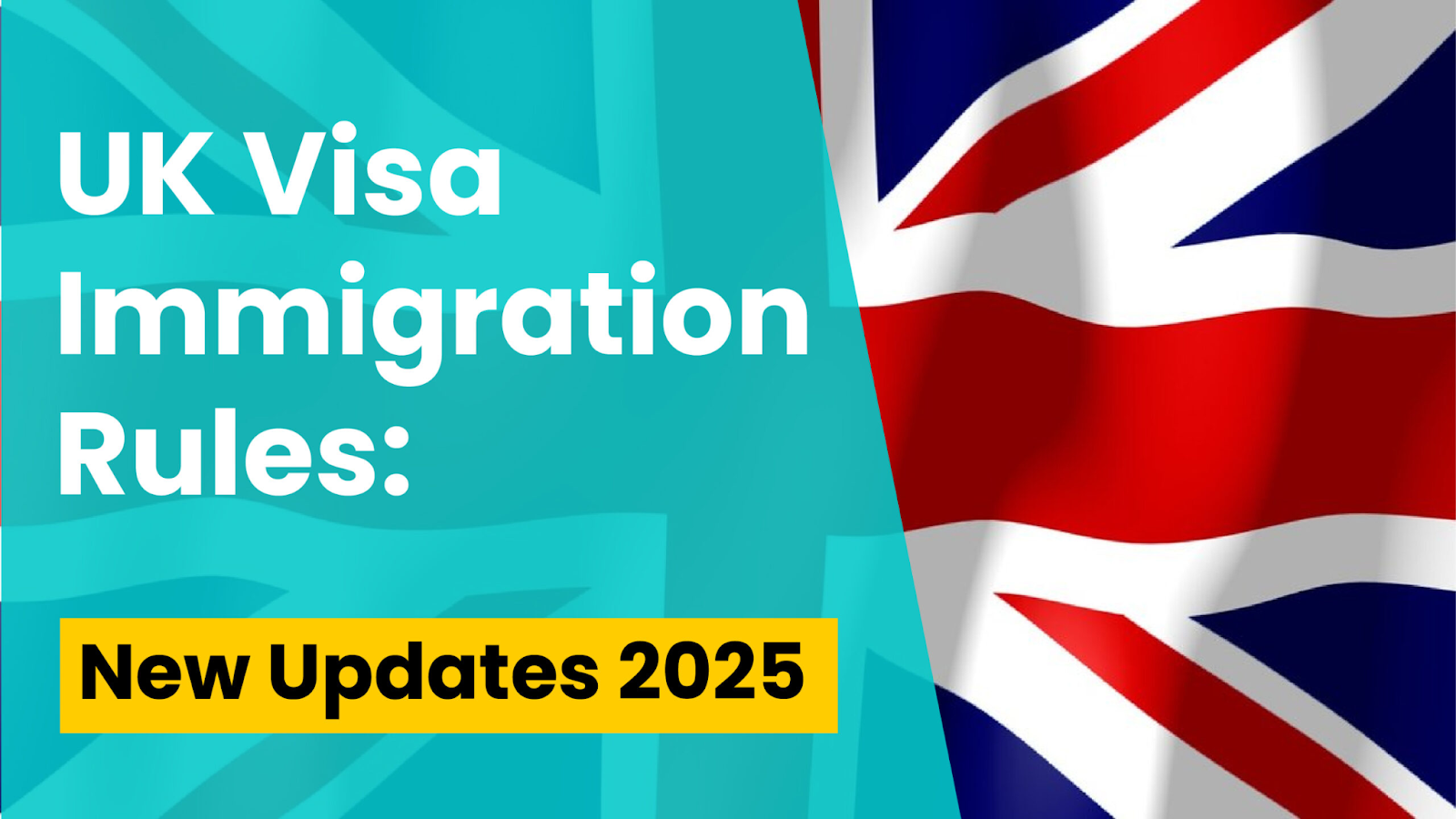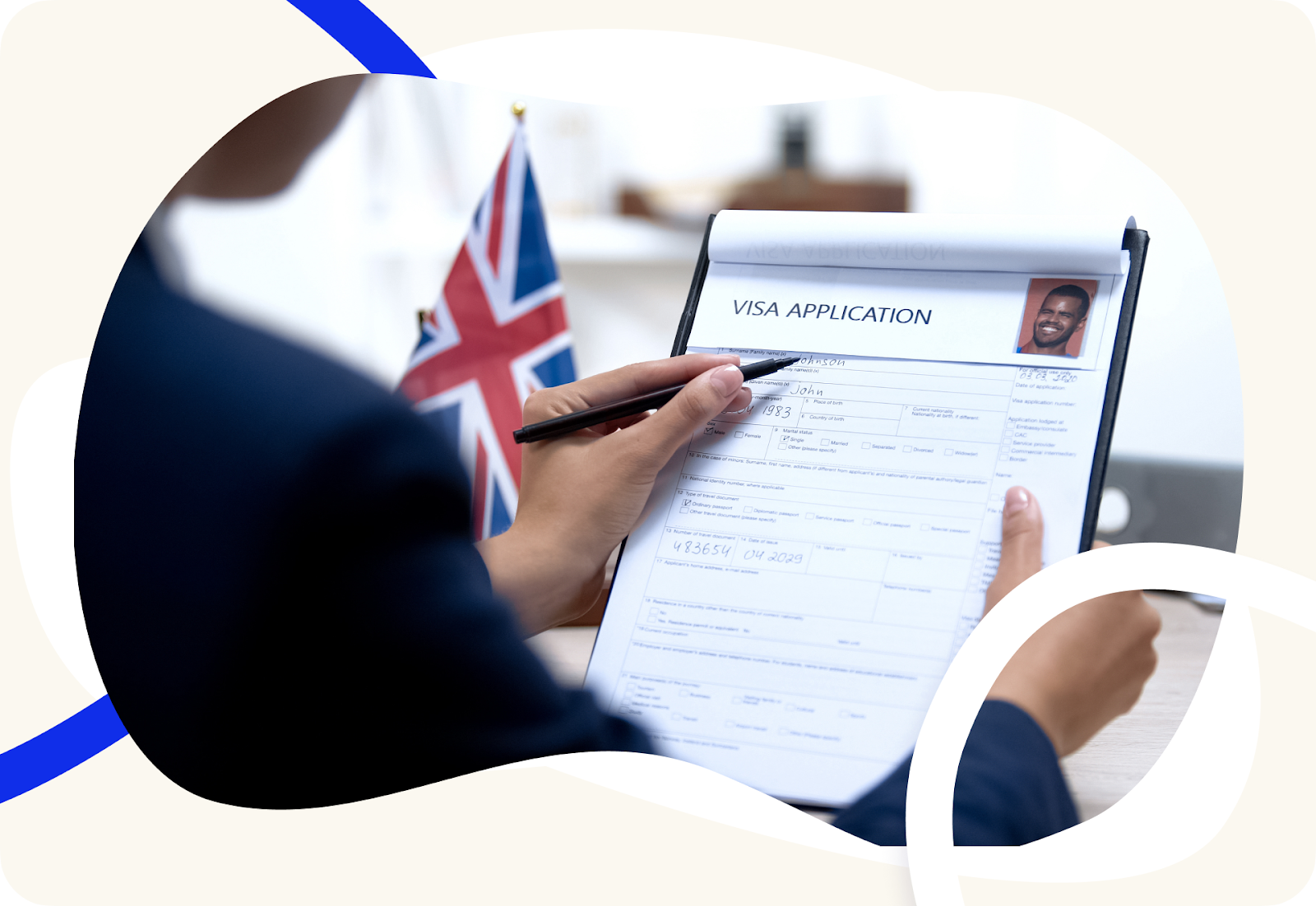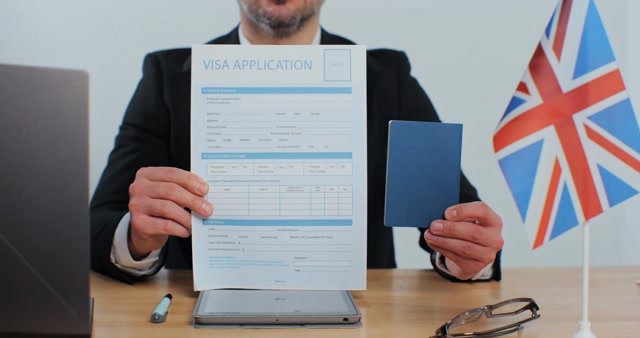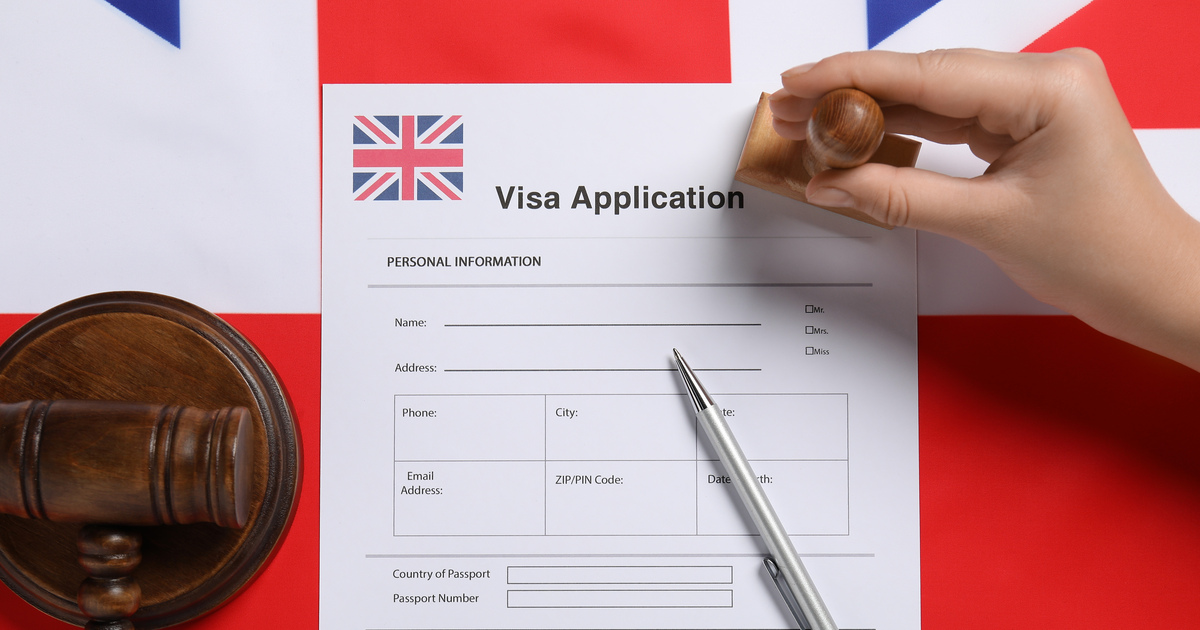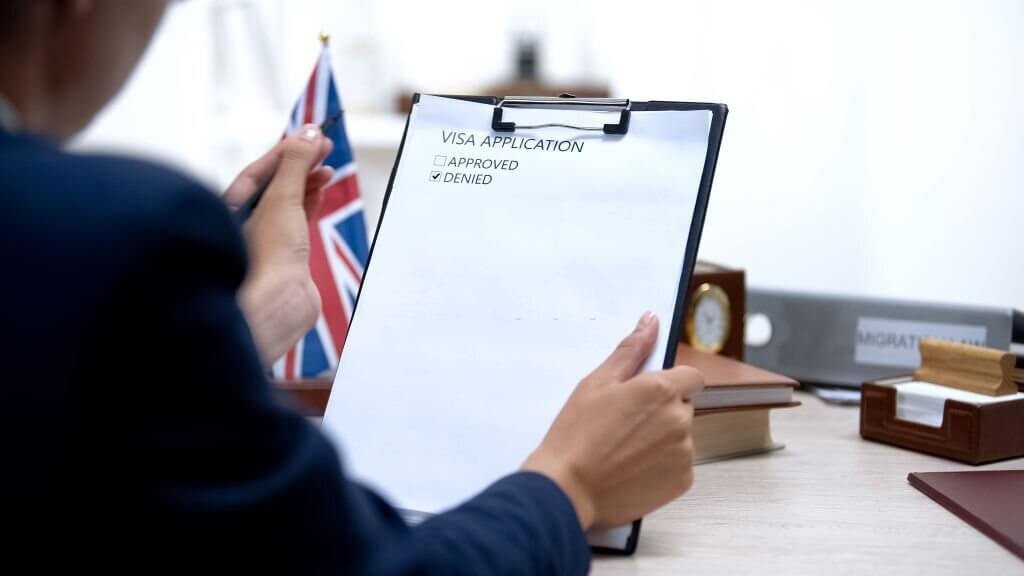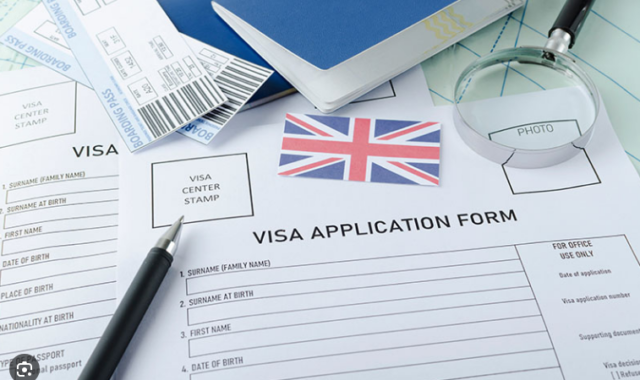The United Kingdom (UK) continues to be one of the world’s most sought-after destinations for immigrants, offering opportunities for work, study, and family reunification. Whether you are moving to the UK for employment, education, or to join family members, it’s essential to understand the rules and requirements for immigration.
The UK immigration system is complex, and there are various visa routes depending on the purpose of your stay. In this article, we will explore the rules and requirements for immigrating to the UK and provide an overview of the main visa categories available.
Understanding UK Immigration
The UK operates a points-based immigration system, which was introduced to attract highly skilled workers while controlling immigration from outside the European Economic Area (EEA). This system applies to individuals who want to live, work, or study in the UK. The type of visa you need will depend on several factors, including the purpose of your visit, the length of your stay, and your eligibility.
Ready to apply for your UK Visa?
Click the button below to start your simple and secure visa application process.
🇬🇧 APPLY UK ETA VISA HEREWhile the immigration rules may seem daunting, the UK government provides clear guidelines for various visa routes. Below, we will outline the main immigration routes, key requirements, and eligibility criteria.
Main Immigration Routes to the UK
Nowadays, the UK offers various visa routes for individuals looking to migrate. Some popular immigration routes include:
1. Work Visas
The UK offers several types of work visas for individuals who want to work in the country. Work visas are generally based on skill levels, and applicants must meet certain qualifications to qualify. Some of the key work visas include:
- Skilled Worker Visa: This is the most common work visa for people with a job offer in the UK. To qualify for the Skilled Worker Visa, you must:
-
Have a job offer from a licensed sponsor in the UK.
-
Meet the required salary threshold, which is typically £25,600 per year or £10.10 per hour, although this can vary depending on the job and industry.
-
Have a job at a required skill level (RQF Level 3 or higher).
-
Prove your knowledge of English through an approved language test.
-
- Global Talent Visa: The Global Talent Visa is for highly skilled individuals in fields such as science, technology, engineering, mathematics (STEM), and the arts. To qualify for this visa, you must:
-
Be endorsed by a recognized UK organization in your field.
-
Have a proven track record in your profession, with an exceptional skill set.
-
This visa allows you to work in the UK for up to five years and can lead to settlement (Indefinite Leave to Remain) after a specified period.
-
- Intra-Company Transfer Visa: This visa is for employees of multinational companies who are being transferred to a UK branch or subsidiary. To qualify, the employee must:
-
Be sponsored by the company in the UK.
-
Have been employed by the company for a minimum period, usually at least 12 months.
-
- Start-Up Visa: For entrepreneurs looking to start a business in the UK, the Start-Up Visa is designed for those who want to launch an innovative business. To qualify, you must:
-
-
Have a viable business idea that is endorsed by an approved UK organization.
-
Prove that your business is new and innovative.
-
2. Student Visas
The UK is a popular destination for international students, with some of the world’s top universities, including the University of Oxford, the University of Cambridge, and Imperial College London. To study in the UK, you will need a Student Visa.
To qualify for a Student Visa, you must:
- Have an unconditional offer from a UK educational institution that is listed on the Register of Licensed Sponsors.
- Prove that you have enough money to support yourself and pay for your course. The required amount depends on where you study (London or elsewhere).
- Show proof of your English language proficiency by passing an approved test such as IELTS or TOEFL.
Student visas allow individuals to study for a specified period and, in some cases, may provide an option to work part-time while studying.
3. Family Visas
The UK allows family members to join their relatives in the country under family visa categories. These visas are designed for individuals who want to reunite with a partner, child, parent, or other dependent family member. Family visas include:
- Spouse or Partner Visa: To join your spouse or partner in the UK, you must:
-
Be in a genuine relationship.
-
Meet the financial requirement (usually £18,600 per year for the sponsor).
-
Prove English language proficiency.
-
- Child Visa: If you are the child of a UK citizen or a settled person, you can apply to join them in the UK. You must:
-
Be under 18 years old.
-
Provide evidence of your relationship with the parent.
-
- Parent Visa: If you are a parent of a UK citizen or settled person, you may be eligible to join them. However, parents must meet specific dependency criteria and may need to show financial support from their child in the UK.
4. Visitor Visas
A Visitor Visa is for individuals who want to visit the UK for tourism, business, or to visit family or friends for a short period (usually up to six months). To qualify for a Visitor Visa, you must:
- Prove that you will leave the UK at the end of your visit.
- Show that you have enough funds to support yourself during your stay.
- Not intend to work or access public funds.
Visitor visas are relatively straightforward to apply for, but applicants must demonstrate their intentions to return home at the end of the visit.
5. Refugee or Asylum Status
Individuals who are fleeing persecution in their home countries can apply for asylum in the UK. To apply for asylum, you must:
- Arrive in the UK and submit an asylum application.
- Prove that you have a well-founded fear of persecution based on factors such as race, religion, nationality, political opinion, or membership in a particular social group.
- Asylum seekers are allowed to stay in the UK while their claim is processed, and may be granted refugee status if their application is successful.
Key Requirements for Immigration to the UK
When applying for a UK visa, there are common requirements you must meet regardless of the route. You’ll need a valid passport or travel document as proof of identity and may need to demonstrate financial support to show you can sustain yourself without relying on public funds.
Many visa categories also require proof of English language proficiency, typically through test results from an approved provider. Additionally, you might need evidence of secured accommodation for your stay in the UK. Health and criminal record checks could also be necessary, such as a tuberculosis (TB) test for applicants from certain countries and a criminal record check to ensure eligibility. These steps help ensure compliance with UK immigration standards.
Also, it’s important to note that visa application fees vary depending on the type and duration of visa you are applying for.
How to Apply for a UK Visa
The UK immigration process involves several steps, including:
- Choose the Correct Visa: Determine which visa you need based on your purpose of stay. The UK government website provides tools to help you identify the right visa for your situation.
-
- Prepare Supporting Documents: Gather all required documents such as proof of identity, financial records, and evidence of your relationship with the sponsor (if applicable).
- Pay the Application Fee: Visa fees vary depending on the type of visa. You may also need to pay the Immigration Health Surcharge (IHS) if applicable.
- Submit Biometrics: For most visa types, you will need to submit biometric data (fingerprints and photographs) at a Visa Application Centre (VAC).
-
Tips for a Successful UK Visa Application
- Apply in advance: It is recommended to apply at least 3 months before your intended travel date. This allows enough time for processing and any potential delays.
- Be accurate and truthful: Ensure all information provided in the application is correct and verifiable. Any false or misleading information can result in an automatic refusal.
- Provide complete documentation: Submit all required documents with your application to avoid processing delays or refusals.
- Seek professional assistance if needed: If you are unsure about the visa requirements or have a complex immigration matter, seeking advice from a qualified immigration lawyer may be beneficial.
Do I Need a Visa to Visit UK Territories?
Visa requirements for UK territories vary depending on the specific territory. Some territories, such as Gibraltar and Falkland Islands, may have different visa requirements than the UK. It is important to research the specific visa requirements for your intended UK territory before traveling.
Additionally, some territories may require a separate entry permit or clearance in addition to a visa. It is always best to check with the relevant embassy or consulate for up-to-date information on visa requirements for UK territories.
Also, please note that British citizens do not require a visa to visit any UK territory. However, they may still need a valid passport and may be subject to entry requirements and restrictions on their length of stay. It is best to check with the relevant authorities for more information in these cases.
FAQs
How long does it take to process a UK visa application?
Visa processing times vary based on the type of visa and the complexity of the case. For most visas, it takes 8-12 weeks to receive a decision. Some visas, like the Global Talent or student visas, receive faster processing times.
Can I bring my family with me if I immigrate to the UK?
Yes, if you are applying for a work visa, study visa, or certain other visa types, you may be able to bring your family members (spouse, children, etc.) with you. Family members may need to meet specific requirements, including financial support and relationship proof.
Can I work while on a UK visitor visa?
No, a visitor visa does not allow you to work in the UK. If you intend to work during your stay, you must apply for the appropriate work visa.
Conclusion
The UK offers a variety of visa options for individuals seeking to enter the country for various purposes. Understanding the different visa categories and their requirements is crucial for a successful immigration process. By following the application steps, providing accurate information, and seeking professional assistance if needed, you can increase your chances of obtaining a UK visa.
Remember to also research any specific requirements for UK territories you may be traveling to. With proper planning and preparation, you can make your journey to the UK smooth and hassle-free. So, start preparing now and enjoy all that the UK has to offer!
Planning to immigrate to the UK? VisaETA UK is here to help!
Learn about the latest immigration rules, requirements, and step-by-step guidance to ensure a smooth application process. Avoid delays and apply with confidence.
Get started today at visaeta.uk!

